Research lines
ACCTING’s research activities are developed in eight interdisciplinary thematic research lines, running throughout the duration of the project and involving all partners.
Each research line addresses a Green Deal policy area, defines problematic behaviours, identifies vulnerable groups, and links with existing bottom-up initiatives.

Research line 1:
Valorising local knowledge in the frame of the community-based disasters’ management and mitigating exposure
Studying how local communities are already active actors in the preparedness, prevention, and management of natural disasters; learning from their experience and insights, and exploring how they could be further empowered to improve their resilience and capacity to initiate the gender+ intersectional transformations needed to tackle climate change.
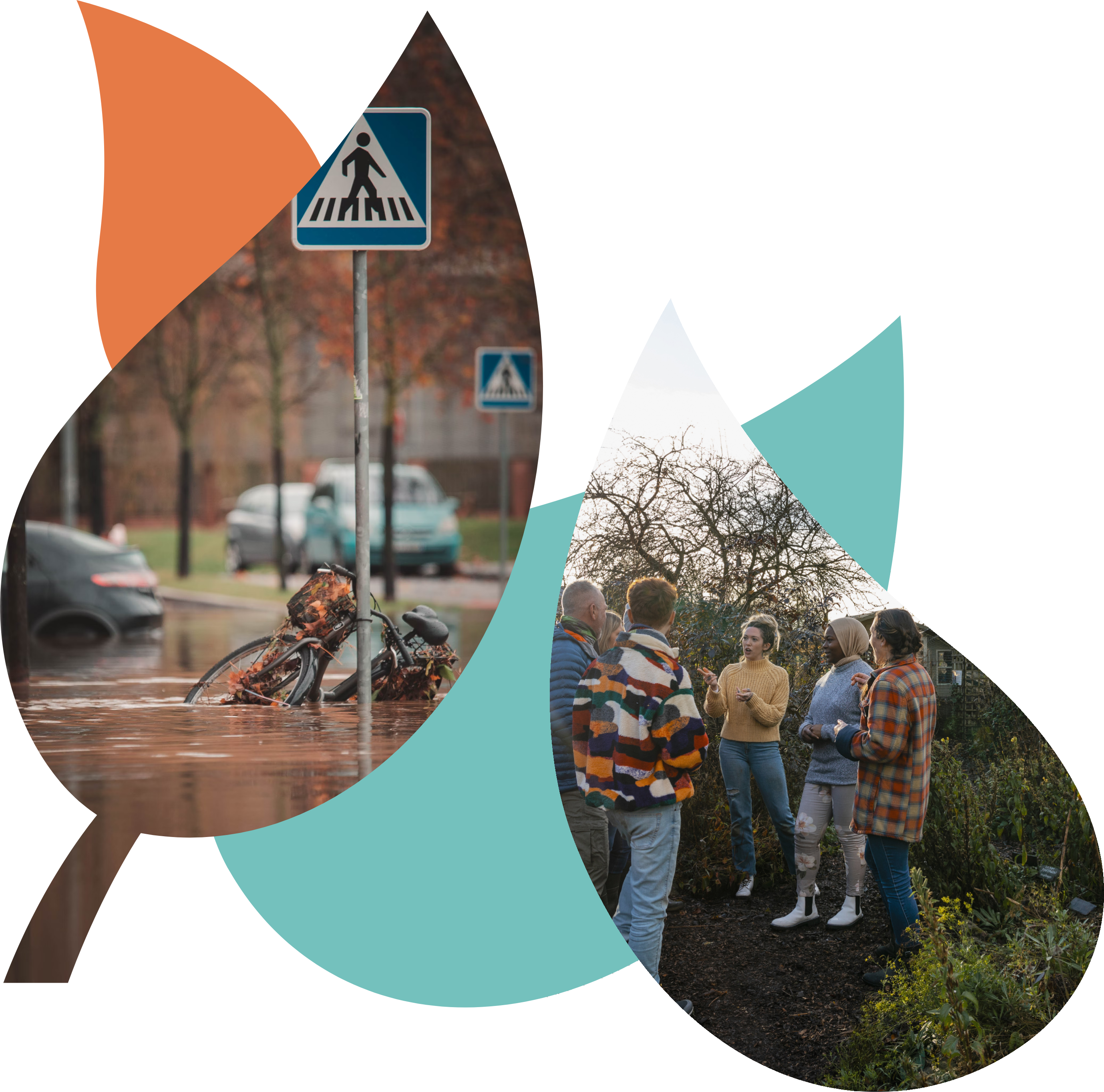

Research line 2:
Biodiversity and land use restrictions
Exploring behavioural change appearing with the establishment of protected areas, with the aim to understand the match of biodiversity land use restrictions and socio-economic needs of vulnerable groups from a gender+ perspective.
Research line 3:
Energy communities, energy poverty and community energy schemes
Investigating how municipalities and regional authorities can support the establishment and growth of energy communities, while tackling the problem of energy poverty and facilitating the participation of vulnerable groups from a gender+ perspective.
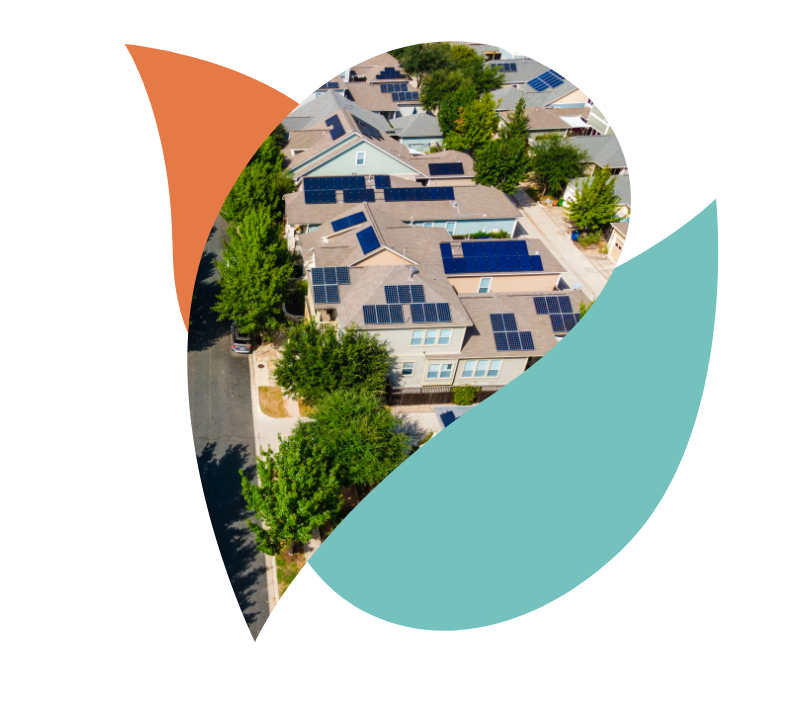

Research line 4:
Intensifying the adoption of energy-efficiency measures in micro/smaller SMEs
Exploring how small and micro-entrepreneurs can adopt pro-environment behaviours in the context of the Green Deal to enhance adoption of such behaviours by the most “disadvantaged” small and micro-entrepreneurs from a gender+ perspective.
Research line 5:
Improving food security and healthy diets in vulnerable communities, through local production, informed consumption practices and circularity
Analysing drivers of and obstacles to the adoption of healthy, affordable, and sustainable consumption practices and food waste mitigation in families without reproducing gender+ inequalities.
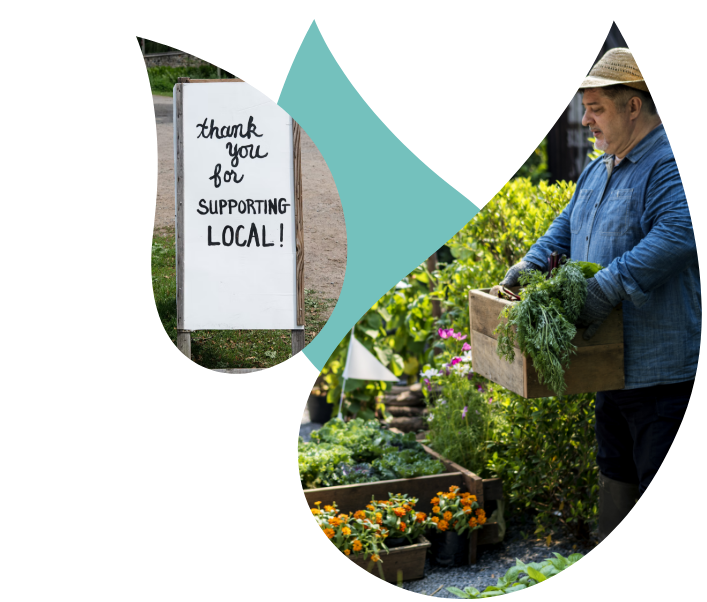
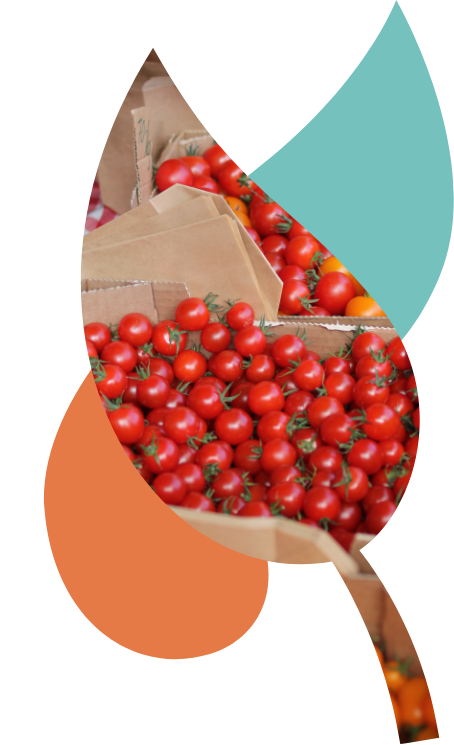
Research line 6:
Values associated with Environmentally Sustainable Food Consumption (ESFC) as a function of age, gender, vulnerability to the Green deal and country/culture
Investigating what values are automatically associated with, and relevant for, environmentally sustainable and non-sustainable food, depending on culture, age groups, gender or key vulnerabilities.
Research line 7:
Transport poverty and sustainable travel: families in socially vulnerable areas
Studying what triggers and hinders behavioural change towards more sustainable travel in socially vulnerable areas, and how Green Deal measures for more sustainable mobility practices can contribute to both sustainability and social justice from a gender+ intersectional perspective.
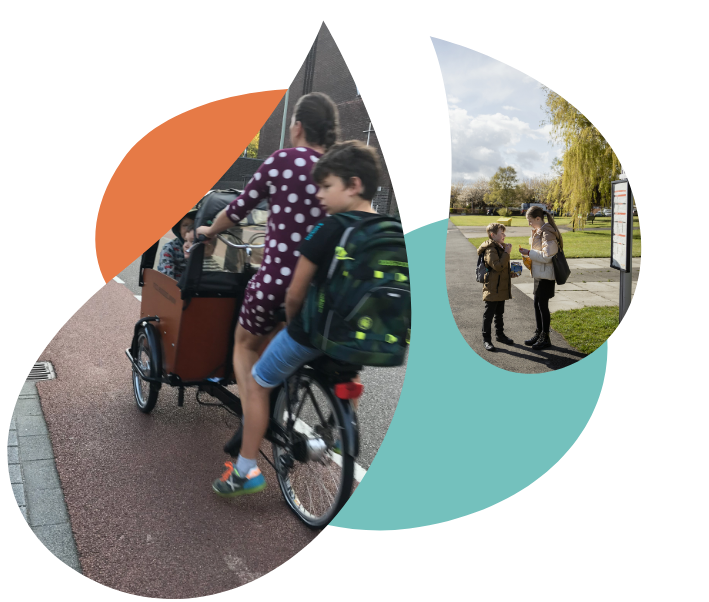
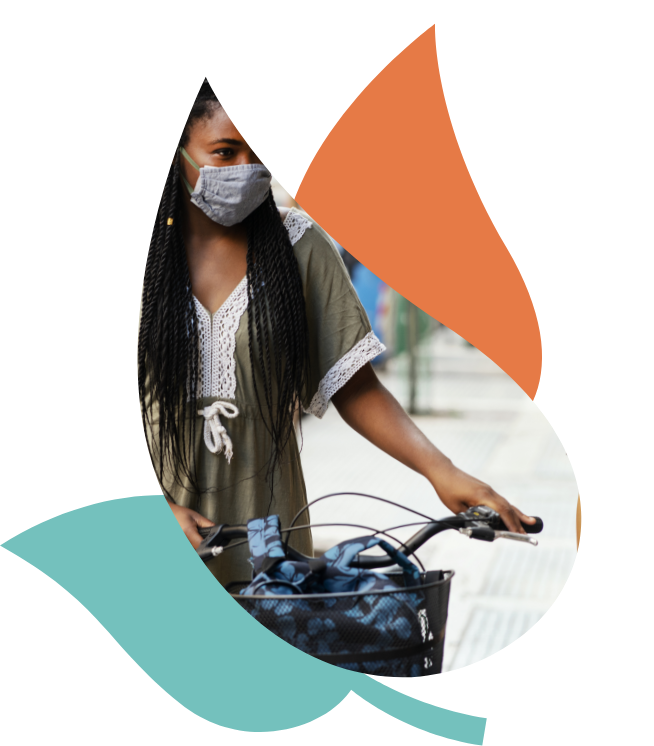
Research line 8:
Post-lockdown sustainable mobilities: centering cycling and walking
Exploring how a more sustainable transport system can be achieved in the context of the Green Deal, while emphasising that more sustainable transport practices can be both facilitated and hindered by disruptive events with unequal gender+ consequences.
Newsletter
Keep up to date with the latest project news, developments, and results.
